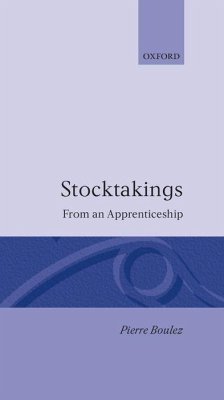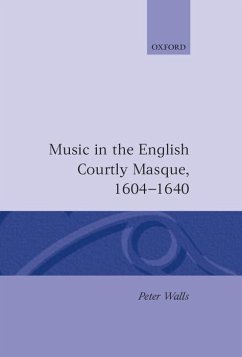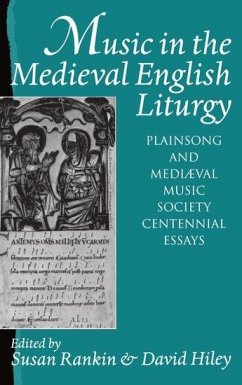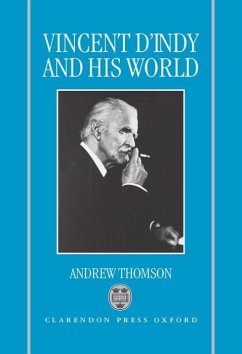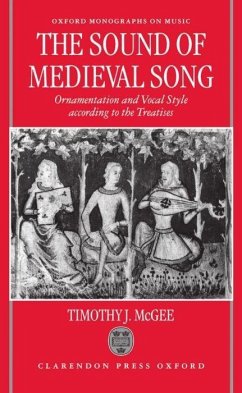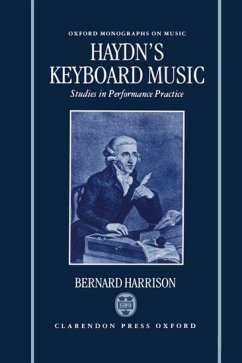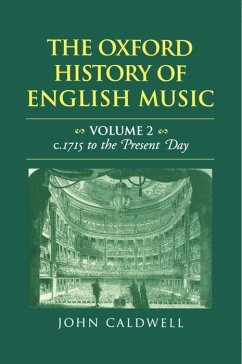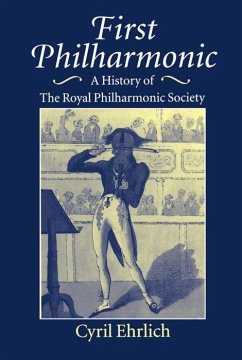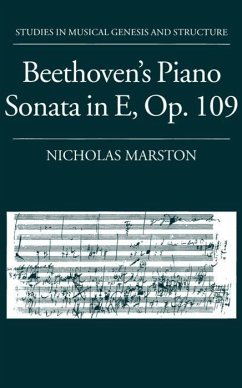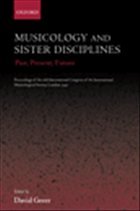
Musicology and Sister Disciplines
Past, Present, Future: Proceedings of the 16th International Congress of the International Musicological Society, L
Herausgeber: Greer, David Clive
Versandkostenfrei!
Versandfertig in 1-2 Wochen
510,99 €
inkl. MwSt.

PAYBACK Punkte
255 °P sammeln!
Drawing on the work of leading experts from around the globe, Musicology and Sister Disciplines provides the definitive, authoritative statement on the scope of musicology today and its relationship to other fields of academic endeavour, including philosophy and aesthetics, literary studies, art history, mathematics, computer science, historiography, and sociology. Presenting the Proceedings of the 16th Congress of the Musicological Society, held in London in 1997, Musicology and Its Sister Disciplines demonstrates how in recent years the scope of musicology has expanded to embrace such areas ...
Drawing on the work of leading experts from around the globe, Musicology and Sister Disciplines provides the definitive, authoritative statement on the scope of musicology today and its relationship to other fields of academic endeavour, including philosophy and aesthetics, literary studies, art history, mathematics, computer science, historiography, and sociology. Presenting the Proceedings of the 16th Congress of the Musicological Society, held in London in 1997, Musicology and Its Sister Disciplines demonstrates how in recent years the scope of musicology has expanded to embrace such areas as semiotics, gender studies, and computer applications. All these key related disciplines are discussed - together with the implications of the so-called new musicology - alongside the traditional concerns of the discipline. Music is represented in all its forms, including jazz, popular music, film music, and the music of different ethnic groups and the broad-ranging theme of the collection is established at the outset by two keynote papers, by philosopher Bernard Williams and mathematician Roger Penrose. The volume contains the full texts of the Keynote Papers and Round Table sessions, reports on the Study sessions, and abstracts of the Free Papers and Poster Sessions.





